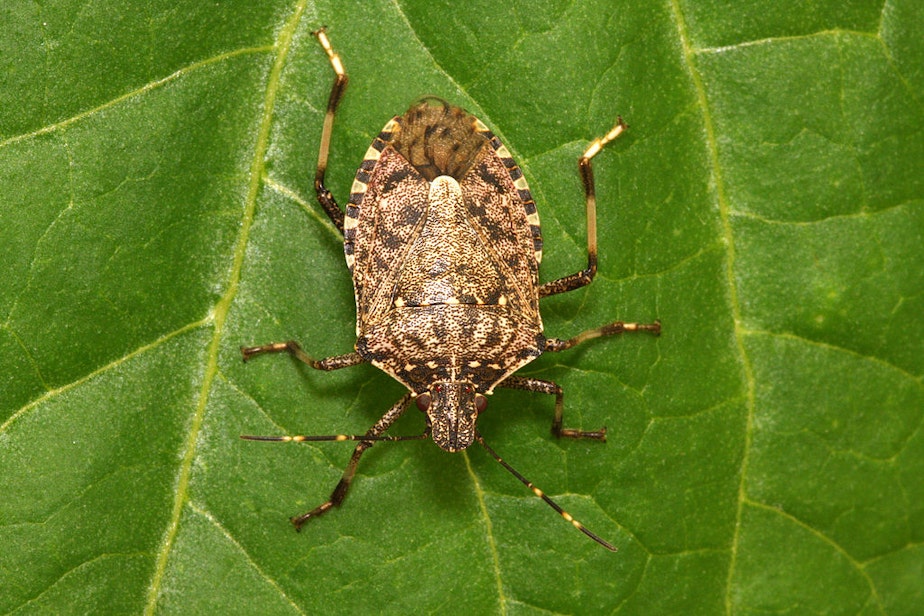Why more stink bugs could be coming to the PNW

Another consequence of climate change for Northwest growers could really stink.
According to a new study from Washington State University, the changing climate could increase suitable habitat for the brown marmorated stink bug in the United States by 70%.
The bugs like hotter temperatures, but they also like it on the dry side. That's why the study, published in Pest Management Science, found that the mid-Atlantic areas near the Great Lakes, and West Coast valleys, like the Sacramento Valley and Treasure Valley in Idaho, will likely see more of these stinkers.
“Every system will change with climate change, so the fact that you can grow garbanzo beans, lentils or wheat without these pests now, doesn’t mean that you will not have them in a few years,” the study's lead author Javier Gutierrez Illan said in a statement. “There are mitigating things that we can do, but it is wise to prepare for change.”
RELATED: Trying to stop a stink bug invasion
Sponsored
This particular invasive stink bug is known to eat nearly 170 different kinds of plants and crops, including those in the Northwest. It originated in Asia and made its way to the United States about 20 years ago. They are found in over 46 states today.
Researchers in Washington state have looked to other insects to keep the stink bugs in check, such as the samurai wasp. This particular wasp lays its eggs inside stink bug eggs, destroying them.
Gutierres Illan, an entomologist with WSU, says awareness of this pest could be beneficial for Northwest farmers as the climate changes.
“Most growers learn from their parents or from the previous generation, but the information that they had is probably no longer as useful because the climate is changing, so they need these types of tools,” Gutierrez Illan said.
Note: This story has been updated with the correct title for Guiterres Illan. A previous version stated he was a etymologist. He is an entomologist.

